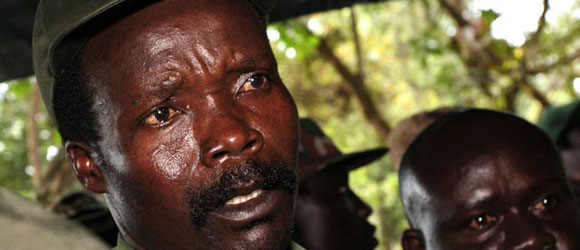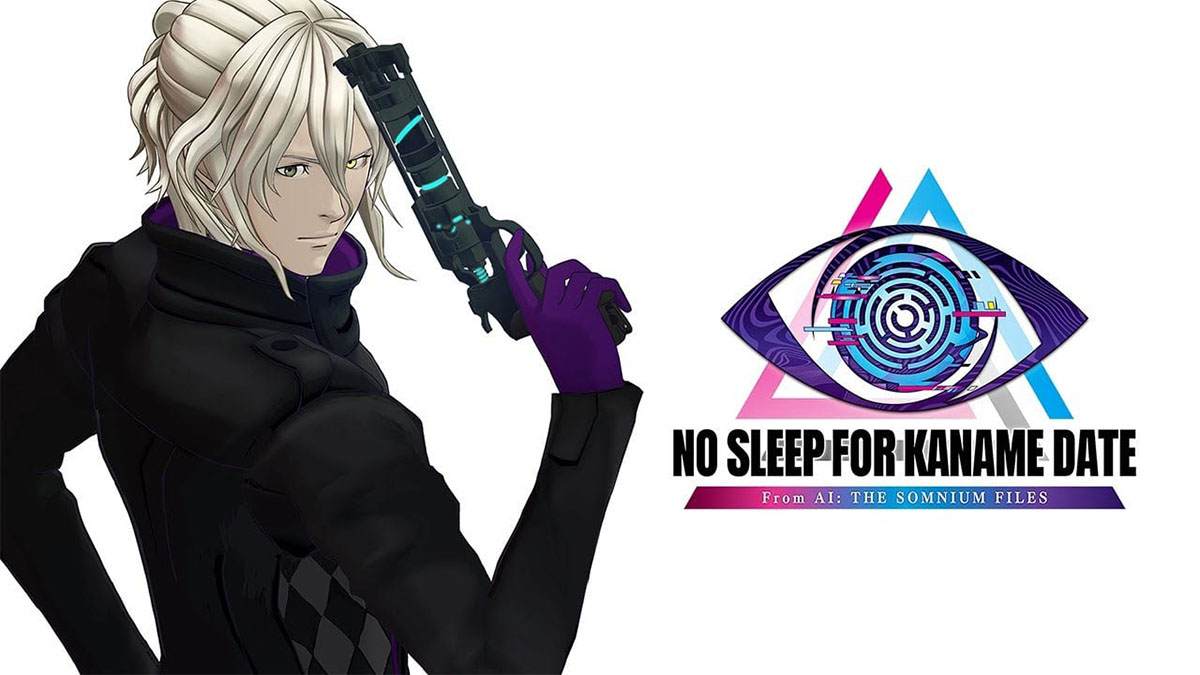I was a bit alarmed after seeing an editorial in the March 15 issue of The Spectator that contained one of the most naïve statements I have ever read.
In a piece titled “A response to critics of the Invisible Children,” senior April D’Water defended the controversial actions taken by the non-profit organization Invisible Children.
After expressing her opinion, Ms. D’Water concluded with the following claim: “If we sit back and constantly criticize movements that are calling for change, then we are doing humanity an astronomical disservice.”
I could not believe my eyes when I read it.
Not to use an extreme example, but wasn’t Hitler calling for change?
Even though there is evidence that shows numerous countries knew of his actions (most notably our own), some 6 million Jewish people were killed before he was stopped.
What about Joseph Stalin; he was calling for change too, right?
Well, he managed to kill somewhere between 3-60 million people while in power (depending on estimates), even though outsiders had an idea of his actions.
It certainly seems like it would not have been an astronomical disservice to humanity if someone had criticized their movements from the start, ultimately saving millions of lives in the process.
After reading through Ms. D’Water’s hostile editorial and somewhat ignorant conclusion, I knew I had to look further into her defense of Invisible Children. Once I gathered enough facts, I found that the majority of her opinion seemed to be based on poorly interpreted information and felt compelled to respond.
For those not familiar with Invisible Children, their current campaign is centered on trying to track down Joseph Kony, the evil leader of the Lord’s Resistance Army.
To start, Ms. D’Water pointed out that Invisible Children spends 80 percent of their budget on programs, and of that, 37 percent of that goes to “projects on the ground.” She argues it is completely justified that 43 percent is spend on “advocacy and awareness” because they are “an integral part of Invisible Children.”
Unfortunately, the advocacy and awareness she is referring to is mostly making films and promoting them. I understand that getting people aware of the situation in Uganda is important, but I find it hard to justify spending more money on this than actively trying to help the cause.
Ms. D’Water then mentions how the awareness campaigns of Invisible Children has resulted in money being invested in the cause, including $40 million from the
U.S. government.
The problem with this, however, is that Ms. D’Water conveniently ignored one of the largest issues people have with Invisible Children. The group surprisingly supports military intervention, and much of the money they advocate for goes directly to the Ugandan government’s own military.
In general, I think the idea of trying to solve violence with violence is always bad practice. I don’t see how arming Ugandan soldiers to help take down Kony’s Lord’s Resistance Army would help in any way. Aren’t they going to have to kill thousands of children in the LRA to have any chance of getting to Kony?
But the reason why I find it particularly alarming that they support the Ugandan government’s militia is because evidence shows they aren’t much less evil than LRA.
Evidence shows the militia raped underage girls and even started their own prostitution ring, according to a Dec. 2011 report from the Social Science Research Council.
The worst part about Invisible Children helping fuel Uganda’s army is that the LRA has been largely non-existent in Uganda since 2006. Since then, they’ve been almost exclusively active in other areas, which is why it puzzles me that Invisible Children still supports Uganda’s army.
It’s sad to say, but I truly feel that the advocacy of Invisible Children may be resulting in even more violence.
Encouraging people to blindly follow movements based on the assumption that change is always good can be a dangerous proclamation. Instead, I would urge people to research an organization before they decide to become involved in it, especially one that has controversy surrounding its actions.
Now, I don’t want to imply that Ms. D’Water didn’t do any research on Invisible Children prior to writing her piece. And I realize that many people support the actions of the organization.
But my disagreement with her stance on Invisible Children is exactly why people should make sure they know enough about anything in our society before they decide to support it.
It may sound crazy, but people legitimately supported Hitler’s actions in WWII, and that is exactly why it is so important to not blindly follow any movement calling for change.
To me, doing that would be a true disservice to humanity.









Kristine Rivall • Apr 5, 2012 at 11:06 am
I seriously had to stop myself and reaffirm that I was reading the Spectator here for a moment and not the Flipside.
Aside from how truly unprofessional and unnecessarily aggressive this article is, you are also terribly misinformed.
You are arguing that people are blindly following a trend, and yet you are doing the extact same thing in this article – you are blindly following the criticisms for Kony 2012 posted online by others. It honestly just looks like you copied and pasted the criticisms straight from the “Visible Children” blog which the author admits is largely opinions. Did you even take the time to read the intensely long RESPONSE Invisible Children has posted to half of these ridiculous claims?! http://s3.amazonaws.com/www.invisiblechildren.com/critiques.html?
And I honestly couldn’t even believe you compared this campaign to Hitler’s mass genocide. How did the two even compare in your head? Invisible Children is calling upon a global community that protects each other, based on the fundamental human fact that all people are created equal. Which is, even if you don’t agree with Kony 2012, is a fact I believe everyone (who has a brain and a heart) could agree is an amiable goal. And it is fundmentally different than Hitler’s, or Stalin’s ideas of political control. This is a HUMAN RIGHTS ISSUE. How DARE you compare it to mass genocide and politication authoritarianism.
You owe Ms. D’Water an apology, and you owe it to yourself to educate yourself further about the issue.
Kathy Kysar • Mar 30, 2012 at 11:05 pm
It is unbelievable that you actually compared Invisible Children to Hitler’s Third Reich. Oh well, it takes a fool to argue with a fool. (I bet you listen to Rush, too.)
Tyler J. Henderson • Mar 30, 2012 at 3:25 pm
You are taking the stance that Ms. D’Water was referring to the fact that any change, positive or negative, is a good change. That is downright unfair of you to attack that stance based on the fact that she left out the word “positive” in that statement. What she was trying to say is that “If we sit back and constantly criticize movements that are calling for POSITIVE change, then we are doing humanity an astronomical disservice.” Isn’t it safe to say that she obviously meant that? Are you trying to tell me that you think that Ms. D’Water would be in support of Hitler because he wanted change? YOU, Mr. Pellegrino, are the one who is ignorantly citing the issue. You saw a window of opportunity and took a cheapshot at someone doing what she felt was right. You also said this in your article.
“To start, Ms. D’Water pointed out that Invisible Children spends 80 percent of their budget on programs, and of that, 37 percent of that goes to “projects on the ground.” She argues it is completely justified that 43 percent is spend on “advocacy and awareness” because they are “an integral part of Invisible Children.”
Unfortunately, the advocacy and awareness she is referring to is mostly making films and promoting them. I understand that getting people aware of the situation in Uganda is important, but I find it hard to justify spending more money on this than actively trying to help the cause.”
The largest reason that the world knows who Joseph Kony is and what he stands for is IC’s awareness and films! Invisible Children never claims to be something that they are not, with their mission statement saying that they use film and social media to end this conflict. Also, IC does not directly fund the Ugandan Military. They send people to support and organize their efforts to stop Joseph Kony, but never armed them. They also work with that military because it is the only somewhat organized military in the whole of central Africa, and they have had experience fighting the LRA in the past.
I understand the right to opinion in this issue. People can see it from whatever side they choose. I just ask that you take a step back and think about what you are accusing Ms. D’Water and Invisible Children of. Taking one sentence from an article out of context does not make Ms. D’Water’s article any less credible.